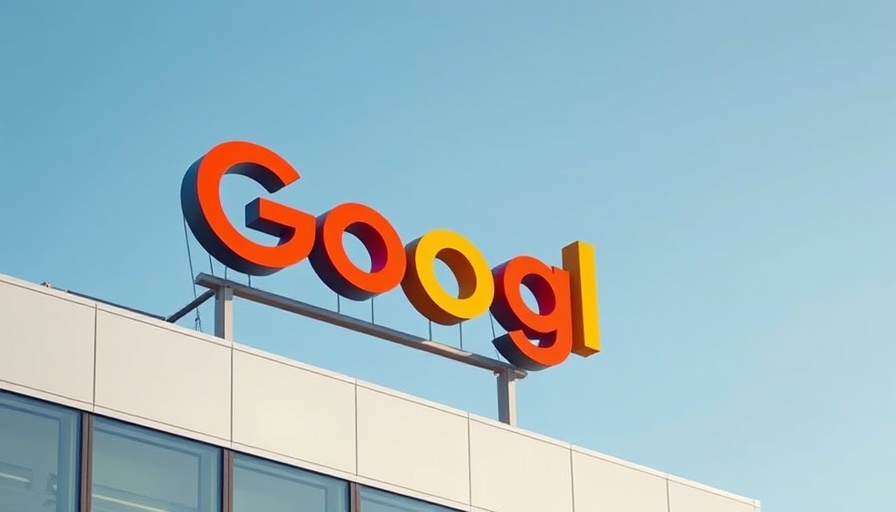
Google's AI Overviews Under Fire: A Critical Legal Challenge
Google is facing a significant legal battle as it finds itself at the center of a lawsuit filed by Penske Media, the parent company of renowned publications like Rolling Stone and Billboard. The lawsuit is a response to Google’s controversial AI Overviews feature, which Penske claims has been detrimental to their website traffic and revenue.
Impact on Publishers: A Sinking Ship?
Penske Media argues that Google's AI Overviews reduce the flow of users to their sites by utilizing content from these publications without appropriate compensation. They contend that approximately 20% of Google searches that traditionally linked to Penske’s sites now lead to these AI-generated overviews, which leave little incentive for users to visit the original source. This claim carries weight, especially with Pentke reporting a significant revenue decline of over a third in their affiliate earnings, directly attributed to changes in web traffic.
Legal Landscape: The Broader Implications
This lawsuit marks a groundbreaking moment, as it's the first major legal action against Google by a significant US publisher regarding its AI capabilities. Previously, Google faced similar challenges from educational tech company Chegg, pointing to an overarching concern among numerous content creators about the potential for AI to undermine traditional revenue models.
The Response from Google: Defiant Claims
In response to the lawsuit, Google spokesperson Jose Castaneda dismissed the claims as meritless, asserting that their AI Overviews enhance user experience by providing diverse site recommendations. The tension underscores an ongoing debate regarding the ethics of AI technologies and the balance between innovation and the rights of content creators.
Looking Ahead: The Future of AI and Media
As Google navigates this legal storm, the case could set a precedent for how digital content is utilized by AI platforms. The outcome may influence regulations surrounding AI technologies and their interaction with existing intellectual property laws, offering insights into how publishers can protect their interests in the rapidly evolving digital landscape.
For technology enthusiasts, keeping an eye on how this case unfolds will be crucial. The implications of AI on media and publishing continue to evolve, shaping the future of how we consume information. As new productivity gadgets and AI-powered tools enter the market, understanding these dynamics will be essential for those leveraging technology for personal and professional growth.
 Add Row
Add Row  Add
Add 




Write A Comment